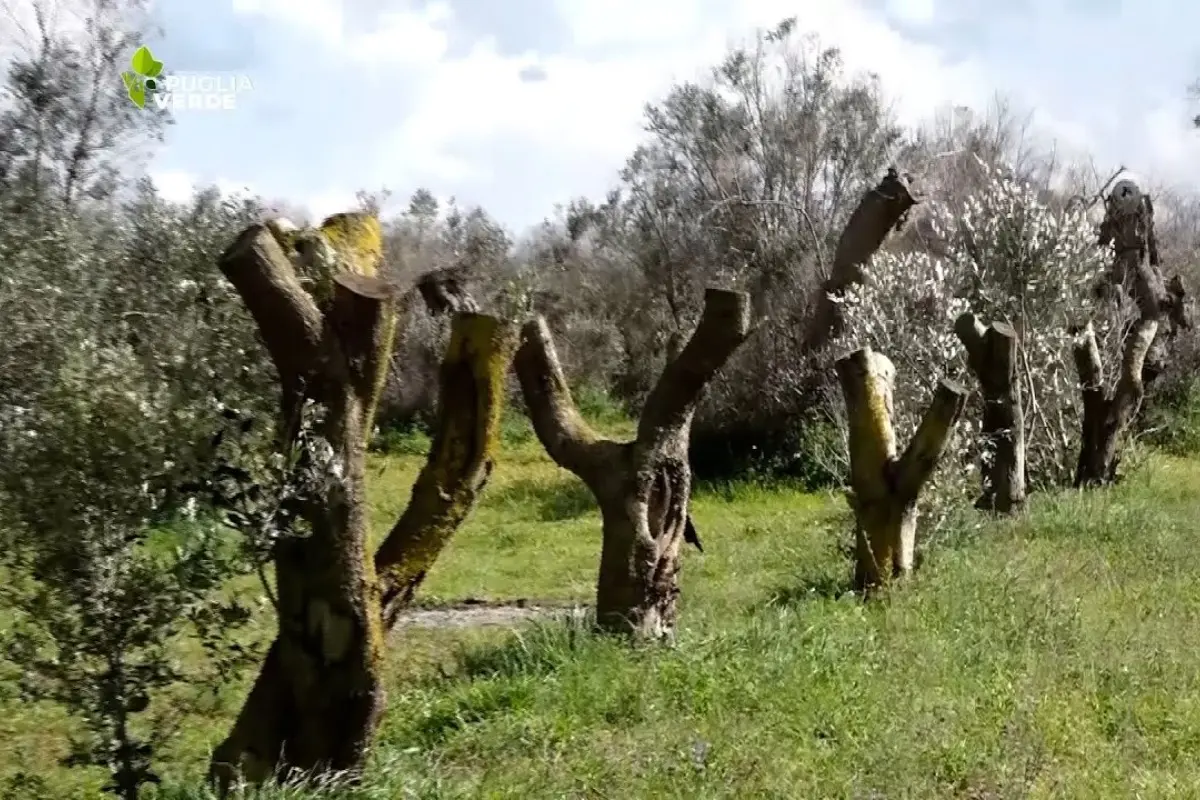
Xylella: a hope comes from the University of Camerino, Italy
Study published in Industrial Crops and Products identifies molecule useful against spittlebug / Attachment

A new contribution on the causes of Xylella comes from the University of Camerino. The work of Eleonora Spinozzi , research fellow in Filippo Maggi 's group, of the School of Pharmaceutical Sciences and Health Products, has had the merit of being published in the prestigious scientific journal Industrial Crops and Products.
The researcher has identified a molecule of natural origin with a high insecticidal activity against the spittlebug (Philaenus spumarius), the insect vector that feeds on the sap of the olive tree. In this step, the Xylella bacterium can be acquired, potentially present in the plant, which is preserved in the digestive system of the insect and can be inadvertently introduced into the new plant that will be stung.
The identified molecule, called "carline oxide", has revealed its considerable toxicity upon ingestion, as it causes the certain death of the insect. This occurs due to the antifeeding effect (the spittlebug is discouraged from feeding on the treated plant), due to the significant reduction in the presence of the insect. With the result that, up to 24 hours after treatment, a clear decrease in spittlebug is found on the plant.
In light of this experimentation, carline oxide represents a concrete hope for combating Xylella, moreover, without the risks of environmental impact determined by the use of synthetic pesticides.
The project of the University of Camerino, shared with the University of Palermo and Crea, now opens the way to further studies for the development of a phytosanitary product based on carline oxide, in order to evaluate its efficacy on a large scale.
Attached to this EFA News is the full text of the study published in the journal Industrial Crops and Products.
EFA News - European Food Agency